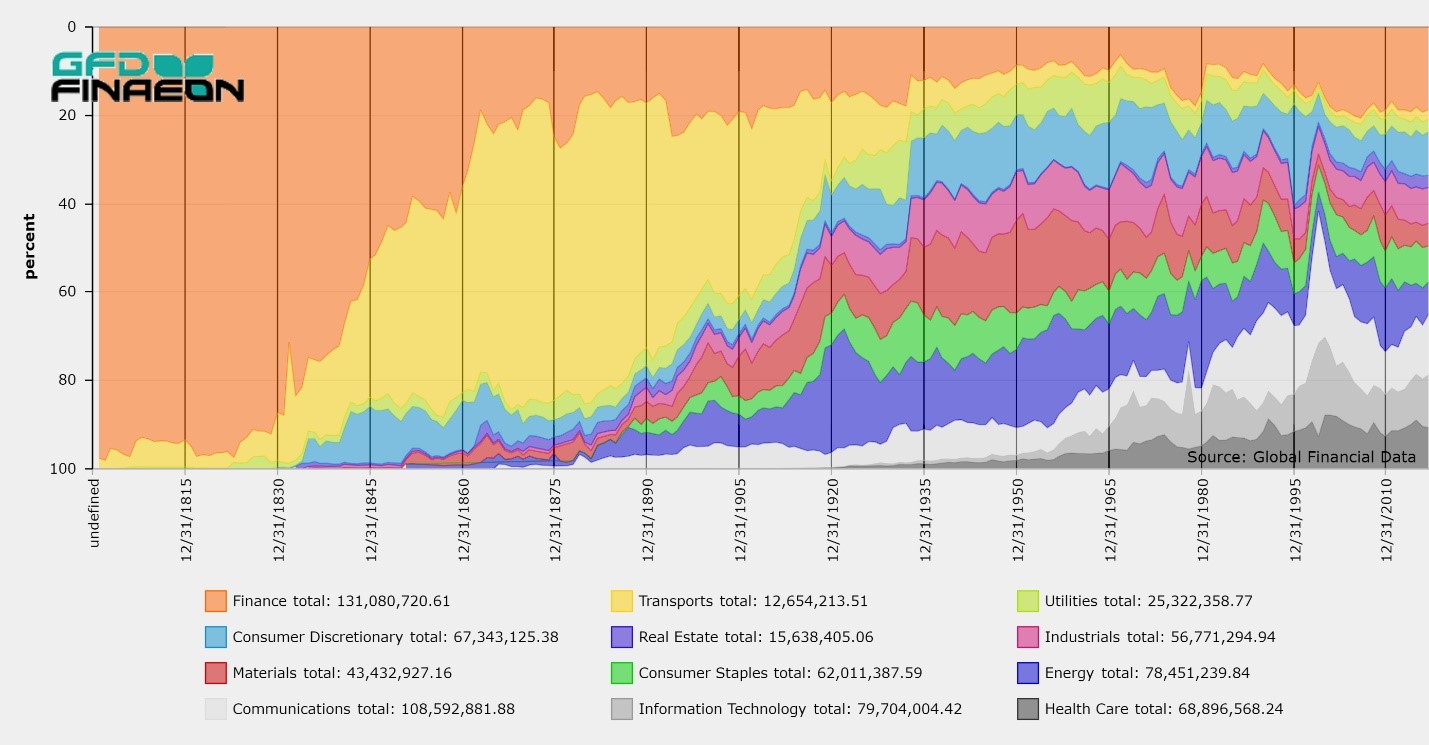THE 2007 NOBEL PEACE PRIZE HAS been awarded to Al Gore and the Intergovernmental Panel on Climate Change. Although some were surprised that the peace prize could be given to highlight the importance of global warming, the Norwegian Nobel Committee has awarded it to champions of causes not directly linked to peace in the past. The prize went to Norman Borlaug, father of the green revolution, in 1970, to Mother Teresa in 1979, and to Wangari Maathai, a Kenyan environmentalist, in 2004.
The Nobel Peace Prize no longer focuses on what Alfred Nobel wrotein his will, “the abolition or reduction of standing armies and the holding of peace congresses.” Instead, as the committee chairman since 2003, Ole Danbolt Mjos, put it, “The prize is about how we live together, share resources.”
Given this updating, the best nominee in 2008 would be the organization that has probably done more to raise millions of people from poverty and promote international cooperation than any other organization during the past 60 years, an organization that is central to how the world shares resources and whose success will promote the “fraternity among nations” that Nobel wanted. The nominee is the World Trade Organization.
There are precedents for giving the Nobel Peace Prize to economic organizations. The International Labor Organization won in 1969, and Grameen Bank, which developed microcredit as a way of helping individuals in developing countries to raise themselves out of poverty, won the award in 2006. With globalization shaping the world in the 21st century, awarding the prize to the WTO would recognize the important role economic integration plays in promoting world peace.
The negotiators at Bretton Woods, N.H., promoted postwar international economic cooperation through the establishment of the International Monetary Fund, the World Bank and the General Agreement on Tariffs and Trade, predecessor of the World Trade Organization. They sought to avoid the protectionism of the 1930s, which contributed to the worldwide economic depression and helped bring on World War II.
Although GATT and the WTO haven’t established free trade, they created a process to reduce tariffs and promote nondiscrimination, reciprocity and transparency in trade. The resulting reductions in tariffs and trade barriers have transformed the world.
International trade has raised millions out of poverty. GATT helped Europe to recover from World War II. Trade helped Japan to grow rapidly. The economic success of Japan, Korea, Taiwan and Hong Kong showed China the benefits of free trade.
The USSR, China and India were shackled by their inward-looking policies in the 20th century. In the 21st century, they all are pursuing economic growth through international trade.
International trade overcomes political differences. The WTO is one of the few international organizations that includes both China and Taiwan.
In keeping with the original object of the peace prize, international trade makes international conflict less likely. Today, European economies are so integrated that a general European war is unthinkable. As economies become more integrated, and the standard of living rises, the cost of war and the benefits of avoiding war increase.
The World Trade Organization’s rules require countries, including the U.S., to do things favoring trade that are unpalatable domestically. For example, the U. S. revised its corporate-tax laws in 2004 to comply with a WTO ruling against U.S. subsidies to American corporations doing business abroad.
International trade promotes economic liberty, gives consumers more choices and saves people billions of dollars. It increases the employment and incomes of workers. The people in countries such as Cuba, North Korea, Myanmar and Iran that abjure international trade suffer as a result, while people living in free-trade nations benefit.
Members of the Nobel Committee acknowledge that they seek to have an impact on the world by supporting their favorite causes. Francis Sejersted, chairman of the committee throughout the 1990s, said, “Awarding a peace prize is, to put it bluntly, a political act.”
Trade should be everyone’s favorite cause.
Despite the huge benefits that international trade has provided the world during the past 60 years, protectionist groups have grown stronger recently. The current Doha round aims to reduce trade restrictions on agriculture, services,
intellectual property and other areas, but is floundering as the U.S., EuropeandG-20 developing countries try to protect local economic interests.
The American commitment to multilateral trade has become more tenuous. The Central American Free Trade Agreement would probably not have been approved by the current Congress, and several Democratic presidential candidates have said that Nafta should be reviewed.Many Europeans are critical of globalization, ignoring the benefits that it brings to both the developed and the developing world.
Awarding the Nobel Peace Prize to the World Trade Organization would remind the world that economic choice and economic freedom is just as important at the macro level as microcredit is at the micro level.
It would remind the world that economic integration and economic freedom are essential if the two billion people of China and India are to achieve economic success, especially if they are to achieve prosperity while limiting greenhouse-gas emissions. Protectionist measures against China, India and the rest of the developing world would have unfortunate economic, environmental and political consequences for decades.
A 2008 Nobel Peace Prize for the World Trade Organization would help to strengthen its efforts to achieve worldwide economic growth, economic freedom, political freedom and international peace.

